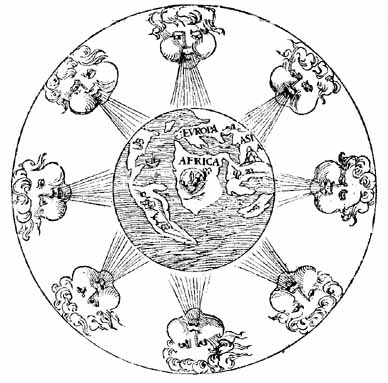CFP: "Transforming the countryside? The electrification of rural England, 1890-1970" - 9 March 2013 - Leeds Trinity University College (UK) - Deadline: June 1, 2012
Leeds Trinity University College/Interwar Rural History Research Group
Call for Papers
Transforming the countryside? The electrification of rural England, 1890-1970
Saturday 9th March 2013 Leeds Trinity University College
The arrival of mains electricity had major implications for agriculture, industry and domestic life in rural areas. As late as 1938 less than one in ten farms had an electricity supply although already two-thirds of rural dwellings had been connected to the mains. Reaching the remainder was a long-drawn out process: media reports that the ‘last village’ has been connected to the mains continue to trickle out to this day http://news.bbc.co.uk/1/hi/wales/north_west/7790280.stm .
Surprisingly, however, there has been little academic investigation of this vast, protracted undertaking. We know little about the timing or geography of rural electrification, about the providers, beneficiaries or indeed losers. The decision-making process that led to electrification remains unclear: how much local input was there? When, and to what extent, did local authorities become important players? How did the rise of planning impact electrification projects? How far were interested Whitehall departments such as the Ministry of Agriculture able to influence decisions, or did policy statements such as the Scott Report of 1942 remain largely aspirational? How successful was the 1947 Electricity Act? Plainly, issues of regional geography are critical here, but remain largely unexplored.
If the process by which electrification occurred remains unclear, the consequences are even more so. Connection to the national grid was often represented as a revolutionary moment, a cultural just as much as a physical transformation, but had farm-based generators already closed most of the technological gap? Was the impact on domestic life, through making consumer durables such as television, washing machines and hi-fi systems available, perhaps more significant in the long run, paving as it may have done the way to counterurbanization?
Equally intriguing is the cultural response to rural electrification. The early years of rural electrification coincided with the rise of a powerful preservationist discourse that valued tradition, local distinctiveness and small-scale features. Yet surprisingly, many preservationists enthused about the ‘right kind’ of pylons. How, then, should electrification be situated in relation to discourses of preservation, modernity and national identity?
These and other questions will be addressed at this conference organized by the Interwar Rural History Research Group.
Papers are invited from economic, social, cultural, administrative and political historians, historical and cultural geographers and those working on the arts or literature. Please send abstracts of 300 words to Professor Karen Sayer k.sayer@leedstrinity.ac.uk by Friday 1st June 2012.
Karen Sayer
Jeremy Burchardt
Paul Brassley

